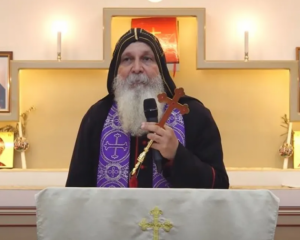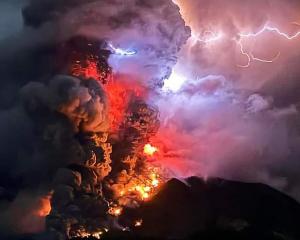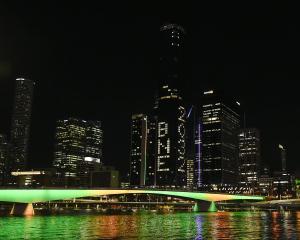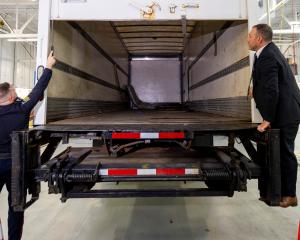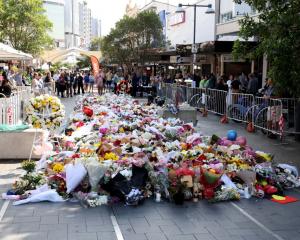Islamist militants stormed a prison in Pakistan in the dead of night on Sunday and freed nearly 400 inmates, including one on death row for trying to assassinate former President Pervez Musharraf, police officials said.
Pakistan's Taliban movement, which is close to al Qaeda, said it was behind the brazen assault by militants armed with rocket-propelled grenades and AK-47 assault rifles.
A police official said most of the escapees from the jail in the northwestern town of Bannu were militants.
"I don't remember the exact time, but it must have been way past midnight. There were huge explosions. Plaster from the ceilings fell on us," said prisoner Malik Nazeef, speaking by mobile phone to Reuters from inside the jail in the town of Bannu.
"Then there was gunfire. We didn't know what was happening."
While the Taliban in neighbouring Afghanistan have staged several jail breaks, such attacks are rare in nuclear-armed Pakistan, one of the most unstable countries in the world.
"We have freed hundreds of our comrades in Bannu in this attack. Several of our people have reached their destinations, others are on their way," a Taliban spokesman said.
The claim could not be immediately verified.
An attack of this scale will likely generate fresh questions over Pakistan's progress in fighting militancy since joining the U.S.-led campaign against militancy, launched after the September 11, 2001, attacks.
Pakistan's performance has come under more intense scrutiny since U.S. special forces in May last year found Osama bin Laden in a Pakistani town, where he had apparently been living for years, and killed him in a secret raid.
Pakistani officials describe bin Laden's long presence in the town of Abbottabad as a security lapse and reject suggestions that members of the military and intelligence service were complicit in hiding him there.
The prison break could deal a psychological blow to security forces following repeated government assertions that security crackdowns have weakened militant groups.
Pakistan is seen as critical to U.S. efforts to stabilise Afghanistan yet Pakistan faces its own daunting security problems.
SEARCH FOR A "DANGEROUS PRISONER"
The Tehrik-e-Taliban Pakistan (TTP), or Taliban Movement of Pakistan, is seen as the biggest threat, staging suicide bombings and shootings in a drive to impose its harsh version of Islam.
There have been fewer major suicide bombings in recent months but it is unclear whether that is because of military gains or shifting Taliban tactics.
A loose alliance of a dozen groups, the TTP began its battle against the state in 2007, after a bloody army raid on Islamabad's Red Mosque, which was controlled by its allies.
The assault, ordered by Musharraf, was widely seen as the event that sparked a full-blown Islamist militant campaign to toppled the government.
A police official identified one of the inmates who escaped as a "dangerous prisoner" named Adnan Rasheed who took part in one of the attempts to kill Musharraf.
"He was a mastermind in (one of the attacks) on Musharraf. These people came for him and took another 383 people too," the official told Reuters, speaking on condition of anonymity.
Nazeef described how tall, bearded men with AK-47 assault rifles yelled "God is Greatest", fired their weapons at the prison's ceilings, and asked inmates about Rasheed's whereabouts.
"One of them had a large hammer and tried to break the lock of our cell. It didn't work so they shot the lock off with their guns. They had wireless sets and were talking to each other. One of them then said that they had found Adnan Rasheed," he said.
"The entire activity in our block lasted almost an hour. I saw only 15 to 20 men but from the sound and gunfire, I could tell there were many more. None of them were wearing masks."
Paramilitary troops and security forces surrounded Bannu Central Jail. Of a total 944 prisoners there, 384 escaped, said another police official.
The Pakistani Taliban are closely linked with the Afghan Taliban. They move back and forth across the porous border, exchange intelligence, and provide shelter for each other in a region U.S. President Barack Obama has described as "the most dangerous place in the world".



